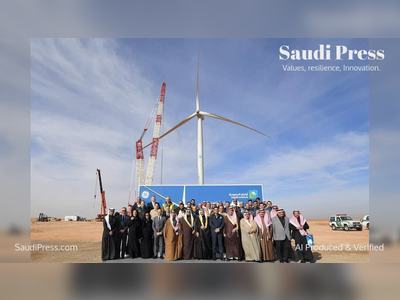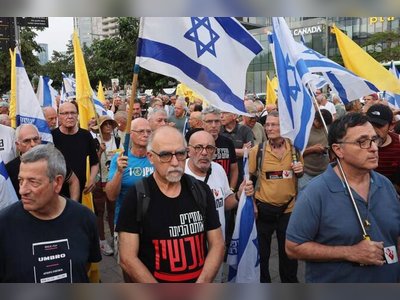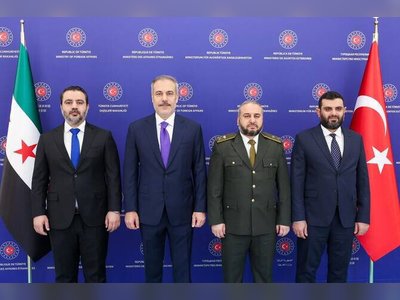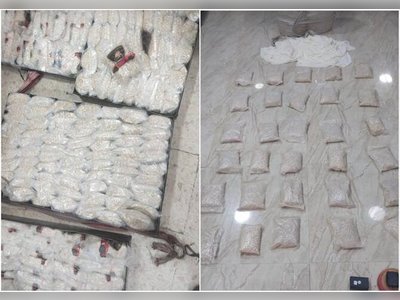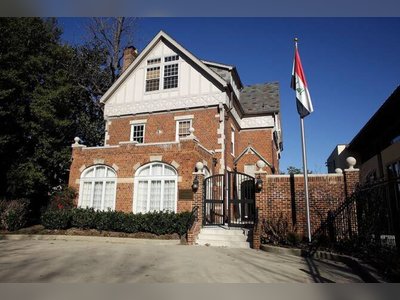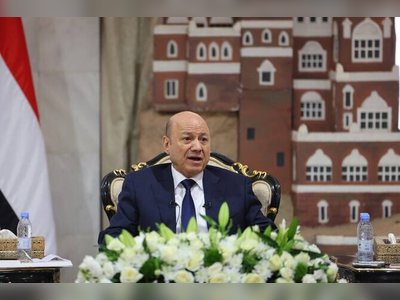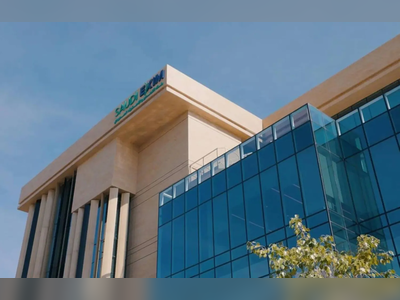
Iran's Security Chief Pledges Ongoing Support for Lebanon Amid Disarmament Efforts
Lebanon and Iran: A Complex Relationship - Ali Larijani's visit to Lebanon highlights the intricate ties between these two nations, particularly in the face of regional conflicts and internal power struggles.
Iran's top security official, Ali Larijani, visited Lebanon amid a backdrop of geopolitical tensions and local challenges.
The trip comes after Lebanon's government ordered its military to devise plans for disarming Hezbollah, a move opposed by Iran, which views the group as an essential part of its regional influence known as the 'axis of resistance.'
Larijani, who leads Iran's National Security Council, affirmed Iran's commitment to supporting Lebanon during his meeting with Lebanese officials.
Despite domestic pressure and international concerns regarding Hezbollah's military power, Larijani emphasized that any suffering experienced by the Lebanese people would be felt in Iran as well.
The visit saw Larijani greeted by a gathering of Hezbollah supporters upon his arrival, underscoring the group's influence and political clout within Lebanon.
His meeting with key figures including President Joseph Aoun, Prime Minister Nawaf Salam, and Parliament Speaker Nabih Berri further highlights the complexities in the relationship between Iran and Lebanon, particularly as regional dynamics continue to shift.
Iran has faced significant setbacks recently, notably its conflict with Israel last June, which lasted 12 days.
This conflict, along with the loss of Syria as a strategic conduit for weapons to Hezbollah following the ouster of President Bashar Assad, has tightened the noose around Iran's support network for the group.
Hezbollah's grip on power in Lebanon has seen fluctuations since the 2024 ceasefire with Israel.
The new Lebanese government, backed by Western allies including the United States, is actively working to rein in Hezbollah and challenge its influence within the country.
These efforts represent a significant shift in the balance of power that has long favored Iran and its regional allies.
The situation in Lebanon remains precarious as it navigates not only internal political disputes but also regional rivalries.
The support from figures like Larijani serves as a testament to the enduring geopolitical interests at play, illustrating a complex web of alliances, rivalries, and power dynamics that continue to shape the Middle East's landscape.
The trip comes after Lebanon's government ordered its military to devise plans for disarming Hezbollah, a move opposed by Iran, which views the group as an essential part of its regional influence known as the 'axis of resistance.'
Larijani, who leads Iran's National Security Council, affirmed Iran's commitment to supporting Lebanon during his meeting with Lebanese officials.
Despite domestic pressure and international concerns regarding Hezbollah's military power, Larijani emphasized that any suffering experienced by the Lebanese people would be felt in Iran as well.
The visit saw Larijani greeted by a gathering of Hezbollah supporters upon his arrival, underscoring the group's influence and political clout within Lebanon.
His meeting with key figures including President Joseph Aoun, Prime Minister Nawaf Salam, and Parliament Speaker Nabih Berri further highlights the complexities in the relationship between Iran and Lebanon, particularly as regional dynamics continue to shift.
Iran has faced significant setbacks recently, notably its conflict with Israel last June, which lasted 12 days.
This conflict, along with the loss of Syria as a strategic conduit for weapons to Hezbollah following the ouster of President Bashar Assad, has tightened the noose around Iran's support network for the group.
Hezbollah's grip on power in Lebanon has seen fluctuations since the 2024 ceasefire with Israel.
The new Lebanese government, backed by Western allies including the United States, is actively working to rein in Hezbollah and challenge its influence within the country.
These efforts represent a significant shift in the balance of power that has long favored Iran and its regional allies.
The situation in Lebanon remains precarious as it navigates not only internal political disputes but also regional rivalries.
The support from figures like Larijani serves as a testament to the enduring geopolitical interests at play, illustrating a complex web of alliances, rivalries, and power dynamics that continue to shape the Middle East's landscape.


